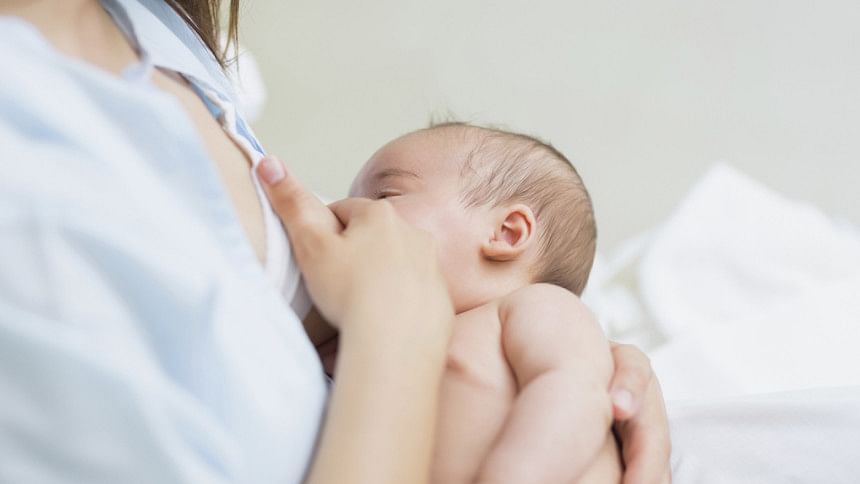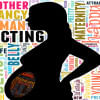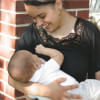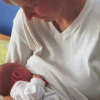Breastfeeding for 2 months cuts risk of SIDS: Study

A new international study has found that breastfeeding for just two months cuts a baby's risk of Sudden Infant Death Syndrome (SIDS) almost in half.
Carried out by the University of Virginia School of Medicine, the research looked at eight major international studies that examined 2,259 cases of SIDS and 6,894 control infants where death did not occur.
The results showed that breastfeeding for just two months reduces the risk of SIDS by almost half, and the longer babies are breastfed the greater the protection. Breastfeeding for less than two months did not offer such a benefit.
Another important finding from the study showed that both partial and exclusive breastfeeding reduces the risk of SIDS, which could come as good news for women who can't or choose not to rely solely on breastfeeding.
Researcher Kawai Tanabe, MPH, of the University of Virginia School of Medicine commented on the findings saying, "These results are very powerful! Breastfeeding is beneficial for so many reasons, and this is really an important one."
The large collective sample used in the research also provides convincing evidence of the reliability and consistency of the findings, despite differing cultural behaviours across countries.
Previous studies have also suggested that breastfeeding is associated with a decreased risk of SIDS, the leading cause of death for infants between one month and one year of age, but this is the first study to determine the duration necessary to provide that protection.
Although it remains unclear why breastfeeding has a protective effect, the researchers suggest that it may provide immune benefits and have a beneficial effect on infant sleeping patterns.
Based on the results, the researchers are now calling for "ongoing concerted efforts" to increase rates of breastfeeding around the world, with the team reporting that data from 2007 showed a quarter of U.S. babies had never been breastfed.
The World Health Organization has set a goal of ensuring that more than half of infants worldwide are breastfed exclusively for at least six months by 2025.
"It's great for mothers to know that breastfeeding for at least two months provides such a strong protective effect against SIDS," said researcher Rachel Moon, MD, of the UVA School of Medicine and the UVA Children's Hospital. "We strongly support international and national efforts to promote breastfeeding."
The findings can be found published online in the journal Pediatrics.

 For all latest news, follow The Daily Star's Google News channel.
For all latest news, follow The Daily Star's Google News channel. 








Comments